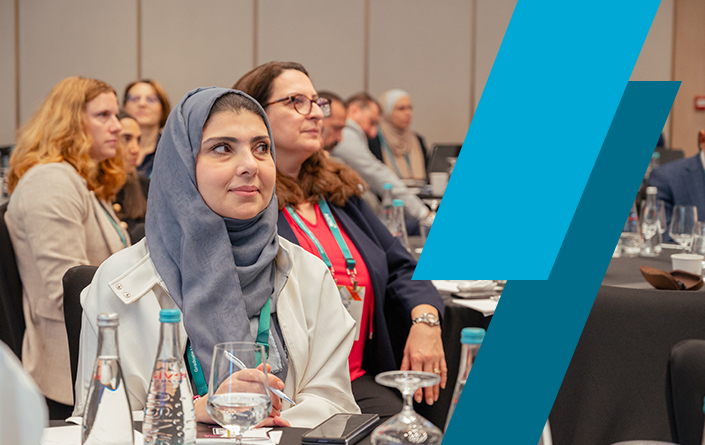Sankalp-Resolve to Empower
The innovative Sankalp Social Entrepreneurship Project integrates academic learning with real-world applications. Students from diverse disciplines collaborate directly with rural women entrepreneurs to provide tailored solutions for business growth. This hands-on engagement bridges the gap between theory and practice while fostering a multistakeholder ecosystem that includes local communities, government bodies, financial institutions, and NGOs. By combining education, mentorship, and community development, Sankalp creates a sustainable, scalable model for empowering women entrepreneurs and driving social change.
Call to Action
According to the World Economic Forum’s Global Gender Gap Report 2024, South Asia ranks seventh of eight global regions in gender parity, with India holding the third-lowest position in the region. Closing this gap requires the creation of more opportunities for women, particularly in rural areas. One effective way to achieve this is through entrepreneurship, which both generates income for and uplifts economically disadvantaged women.
The Sankalp project, initiated by the School of Management at BML Munjal University, exemplifies the intersection of education, empowerment, and community development. It fosters collaboration among stakeholders across various sectors, including education, government, industry, and nonprofit organizations.
Through the program, MBA students apply their knowledge to help women entrepreneurs scale their businesses. This promotes long-term societal change through financial independence and self-assuredness for the women entrepreneurs. For the students, the initiative offers an invaluable chance to bridge academic learning with real-world experience, particularly in the field of social entrepreneurship.
Innovation Description
The Sankalp program is a partnership between the BML Munjal University School of Management, local communities, and aspiring women entrepreneurs from rural areas. The program leverages students’ expertise to support these women in establishing sustainable small businesses.
Sankalp is a yearlong, credit-based course integrated into the MBA curriculum. In the 2023–24 academic year, the 180 participating students were divided into teams of five or six members. Each team was paired with a rural woman entrepreneur to guide her through the stages of business planning, setup, and scaling. The program structure includes multiple phases: initial research and planning, implementation, operations, and evaluation.
The program’s primary objective is to empower rural women entrepreneurs by equipping them with the necessary skills and support to run sustainable businesses. For students, the objective is to cultivate empathy, leadership, and entrepreneurial thinking. By the end of the course, students understand the challenges of rural business environments, apply their domain knowledge to create entrepreneurial solutions, and develop a holistic understanding of setting up and managing social enterprises.
The program led to the successful completion of 18 projects in 2023–24 across various sectors, such as cosmetology, stitching and tailoring, food production, handcraftsmanship, and cosmetics. Each project involved business planning, establishing supply chains, branding, and expanding sales channels. The students assisted entrepreneurs in creating logos and taglines, building their online presences, accessing e-commerce platforms, and securing financial support.
Sankalp’s success is a model for sustainable, inclusive entrepreneurship that empowers women, transforms communities, and drives lasting change.
Innovation Impact
The impact of Sankalp is significant, as it drives both individual and community transformation in rural India. By empowering women entrepreneurs with necessary skills, resources, and mentorship, the project fosters economic independence and uplifts local communities.
The impact goes beyond individual entrepreneurs, as it catalyzes broader social and economic development. The businesses nurtured through the program stimulate local economies and build up women’s position in society. Further, the resulting economic growth reduces gender-based disparities and empowers women to challenge traditional social norms, thus promoting social inclusion.
Moreover, the collaboration between students, local communities, and NGOs creates a robust ecosystem for knowledge sharing, resource mobilization, and advocacy for policy reform. This multistakeholder engagement ensures that the program’s impact is both sustainable and scalable.
Sankalp’s innovative model has the potential to expand nationally, making it a positive example of how education and social entrepreneurship can drive inclusive, sustainable development, especially in emerging economies like India.
Reference Links
- “Sankalp,” BMU website
- “Our Sankalp Journey,” Google Drive folder with videos





